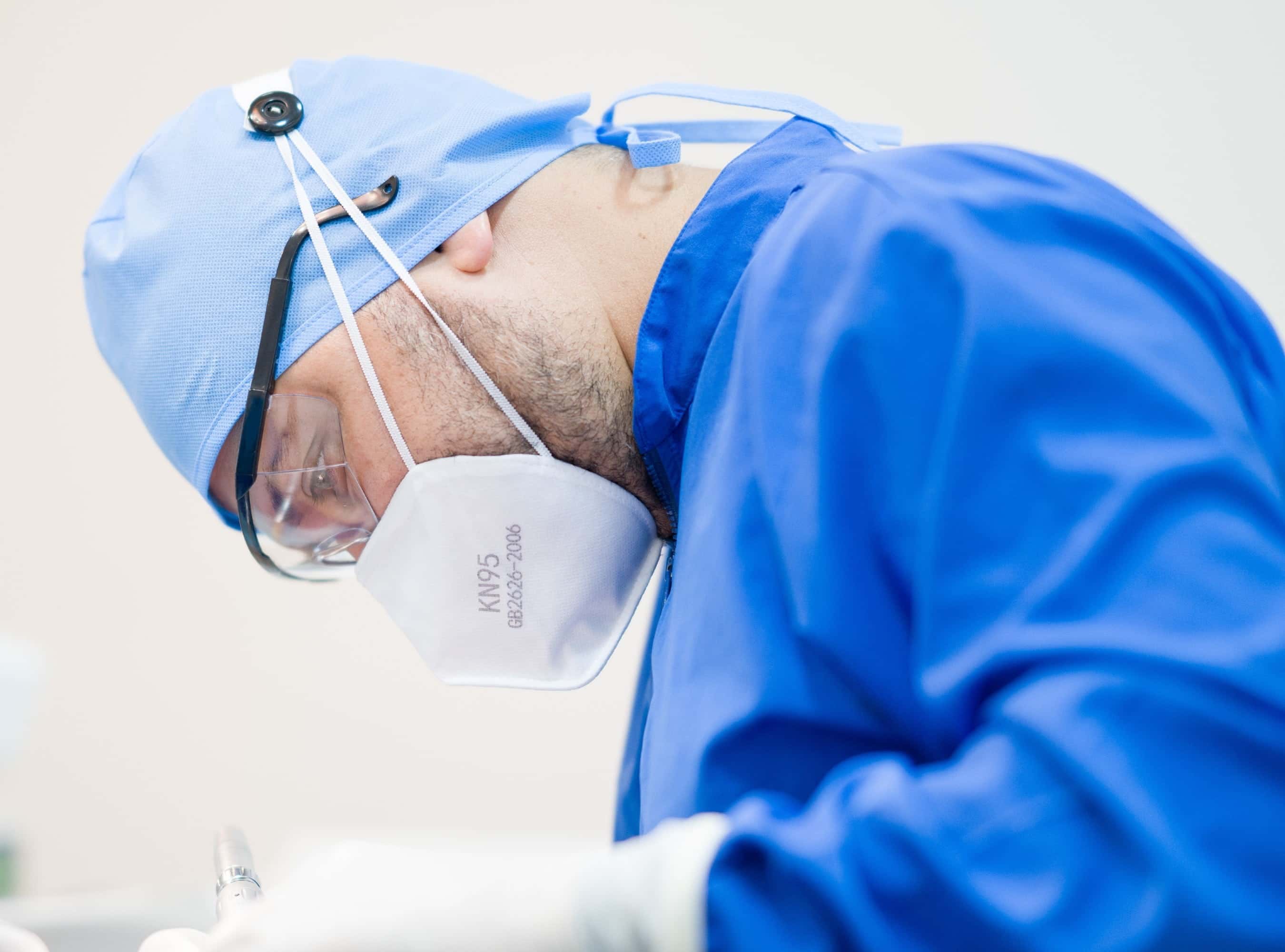Colorectal Surgery Expert’s Pending Malpractice Claim is Basis for Motion to Dismiss
Updated on
Court: United States District Court for the Southern District of West Virginia, Charleston DivisionJurisdiction: FederalCase Name: Hershberger v. Ethicon Endo-Surgery, Inc.Citation: 2012 U.S. Dist. LEXIS 18799
Following two unsuccessful colostomy surgeries, the plaintiff files negligence claims against a surgical stapler manufacturer. The plaintiff also seeks to dismiss the defendant’s colorectal surgery expert. In particular, the plaintiff claims the expert’s pending malpractice action and unrelated demonstrative surgeries make his conclusions unreliable.
The court, however, deems the expert qualified. It explains he used reliable methodology and sound judgment in wading through conflicting evidence. The court explains this is the proper role of an expert witness and dismisses the plaintiff’s motion.
Facts
The plaintiff underwent colostomy surgery. The operation, however, was unsuccessful. The plaintiff later underwent a further procedure to reverse the colostomy. The second surgery was also unsuccessful. The plaintiff’s surgeons alleged they properly executed the surgery. They contended that the defendant-manufactured surgical stapler was defective. The surgeons explained the stapler did not contain staples.
The defendant maintained that the stapler functioned properly. They claimed one of the surgeons removed the stapler safety before or during surgery. Further, the defendant asserted one of the surgeons fired the stapler negligently and prematurely. The defendants retained a colorectal surgery expert witness to support their case. The plaintiff challenged the expert’s admissibility.
The Defendant’s Colorectal Expert Witness Testimony
The plaintiff argued that the colorectal surgery expert witness presented unreliable views and, therefore, inadmissible opinions. Further, the plaintiff claimed this constituted ipse dixit or “because I say so” testimony. In particular, the plaintiff sought to exclude three of the colorectal surgery expert’s opinions and two demonstrative surgeries performed in anticipation of the testimony.
The three opinions were as follows:
- That the stapler safety must have been inadvertently or prematurely dislodged
- After the first stapler firing, without an endoscope, the surgeons could not find the staples
- The surgeons violated the required standard of care
The plaintiff argued to exclude the first and second opinions. They asserted the expert ignored certain operation observations and surgeon testimonies. Further, the third opinion was inadmissible because the expert had a malpractice case pending against him. The defendants replied that their expert’s experience as a colorectal practitioner provided the basis for his opinions. Further, they asserted the expert relied heavily on CT scans from one month after the surgery to form his opinions.
The plaintiff also sought to exclude two demonstrative surgeries the expert performed. They claimed these procedures were dissimilar to the actual surgery in the case. The defendant explained these procedures were not intended as replications or reenactments of the first surgery. Rather, the demonstrations were illustrations of the correctly functioning stapler.
Discussion
The court noted that expert witnesses may need to sift through contradictory data and testimony in order to arrive at their opinions. Expert testimony is not inadmissible simply due to such determinations if they are well explained and reasoned. Having reviewed the parties’ respective claims and evidence, the court was convinced of the expert’s conclusions. It found the expert used reliable methodology and principles.
The court further explained whether the expert had breached the standard of care in another case was irrelevant to the admissibility here. The court noted that “demonstrations of experiments used to illustrate the principles used in forming an expert opinion are not always required to adhere strictly to the circumstances of the events at issue in the trial,” citing Gladhill v. Gen. Motors Corp. The plaintiff failed to satisfy substantial similarity. Also, the court found no admissibility concerns provided the jury was adequately instructed on the scope of the demonstrations as examples of the expert’s opinions. The court explained cross examination may address the plaintiff’s arguments.
Ruling
The court denied the plaintiff’s motion to exclude the colorectal surgery expert witness’s testimony.
Key Takeaways for Experts
This case demonstrates the importance to base all expert conclusions on peer-reviewed methodologies and industry-accepted research. The expert here was permitted to testify for this exact reason. His admissibility was despite some conflicting case facts and a less than squeaky clean record.
About the author
Wendy Ketner, M.D.
Dr. Wendy Ketner is a distinguished medical professional with a comprehensive background in surgery and medical research. Currently serving as the Senior Vice President of Medical Affairs at the Expert Institute, she plays a pivotal role in overseeing the organization's most important client relationships. Dr. Ketner's extensive surgical training was completed at Mount Sinai Beth Israel, where she gained hands-on experience in various general surgery procedures, including hernia repairs, cholecystectomies, appendectomies, mastectomies for breast cancer, breast reconstruction, surgical oncology, vascular surgery, and colorectal surgery. She also provided care in the surgical intensive care unit.
Her research interests have focused on post-mastectomy reconstruction and the surgical treatment of gastric cancer, including co-authoring a textbook chapter on the subject. Additionally, she has contributed to research on the percutaneous delivery of stem cells following myocardial infarction.
Dr. Ketner's educational background includes a Bachelor's degree from Yale University in Latin American Studies and a Doctor of Medicine (M.D.) from SUNY Downstate College of Medicine. Moreover, she is a member of the Board of Advisors for Opollo Technologies, a fintech healthcare AI company, contributing her medical expertise to enhance healthcare technology solutions. Her role at Expert Institute involves leveraging her medical knowledge to provide insights into legal cases, underscoring her unique blend of medical and legal acumen.
Subscribe to our newsletter
Join our newsletter to stay up to date on legal news, insights and product updates from Expert Institute.
Sign up nowFind an expert witness near you
What State is your case in?
Subscribe to our newsletter
Join our newsletter to stay up to date on legal news, insights and product updates from Expert Institute.



